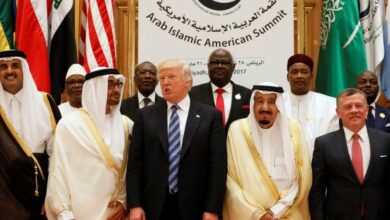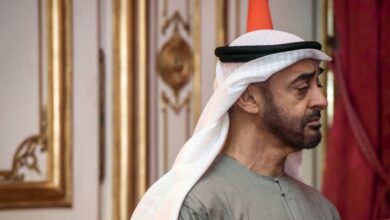
For a country with a population smaller than London, the UAE wields disproportionate influence in Western capitals. This is not due to its military prowess, but to a meticulously cultivated global lobbying network.
Through embassies, private PR firms, and academic donations, the UAE has built a multi-tiered lobbying infrastructure designed to manipulate policy, silence critics, and reframe narratives. In Washington and London, the lines between diplomacy and interference have blurred.
In the US, lobbying is regulated under the Foreign Agents Registration Act (FARA), requiring foreign-funded operatives to disclose their activities. Yet loopholes abound. Firms like the Harbour Group, Camstoll Group, and the Foundation for Defense of Democracies (FDD) receive Emirati funds to shape narratives favorable to Abu Dhabi. Their activities include media manipulation, congressional briefings, and disinformation about rivals such as Qatar, Turkey, and Iran.
The Middle East Institute (MEI) reportedly received $20 million in 2016-2017 to advance UAE-backed propaganda. Meanwhile, CAP (Center for American Progress) accepted more than $3 million before claiming to freeze ties post-Khashoggi. Despite this, FARA filings and leaked correspondence show continued engagement.
British institutions have not been immune. The University of Exeter’s Arab and Islamic Studies Program received over £8 million from UAE-aligned donors. Chatham House, long regarded as the UK’s premier foreign policy institute, accepted over £150,000 from Crown Prince Mohammed bin Zayed and the UAE foreign ministry. In 2017, amid the Gulf crisis, Qatari voices were excluded from Chatham House events—raising questions about donor influence.
Other institutions, such as the Royal United Services Institute (RUSI) and the London School of Economics (LSE), have received £9 million and £5.8 million respectively in UAE funds. These donations are often earmarked for regional programs, but their political utility is obvious: soft influence disguised as scholarly collaboration.
The UAE’s elite also travel frequently to the US and UK under the guise of diplomacy or investment, but these visits often serve lobbying objectives. Meetings with lawmakers, think tanks, and intelligence-linked academics facilitate deeper Emirati entrenchment in Western policy circles.
In effect, the UAE uses these relationships not merely to promote its image but to suppress dissent and validate its regional policies—particularly in Yemen, Libya, and Sudan. Its media networks and lobbying arms craft narratives that frame Abu Dhabi as a stabilizing force while demonizing its critics as extremists.
This model of transactional influence—using petrodollars to buy credibility—has undermined transparency and ethics in policymaking circles in both Washington and London.
Dark Box’s investigation reveals a disturbing pattern: Emirati soft power is not benign. It is calculated, coercive, and often cloaked in philanthropy.
As long as Emirati money continues to shape debate in the West, questions must be asked: Whose interests are these institutions really serving? And what truths are being silenced in the process?




